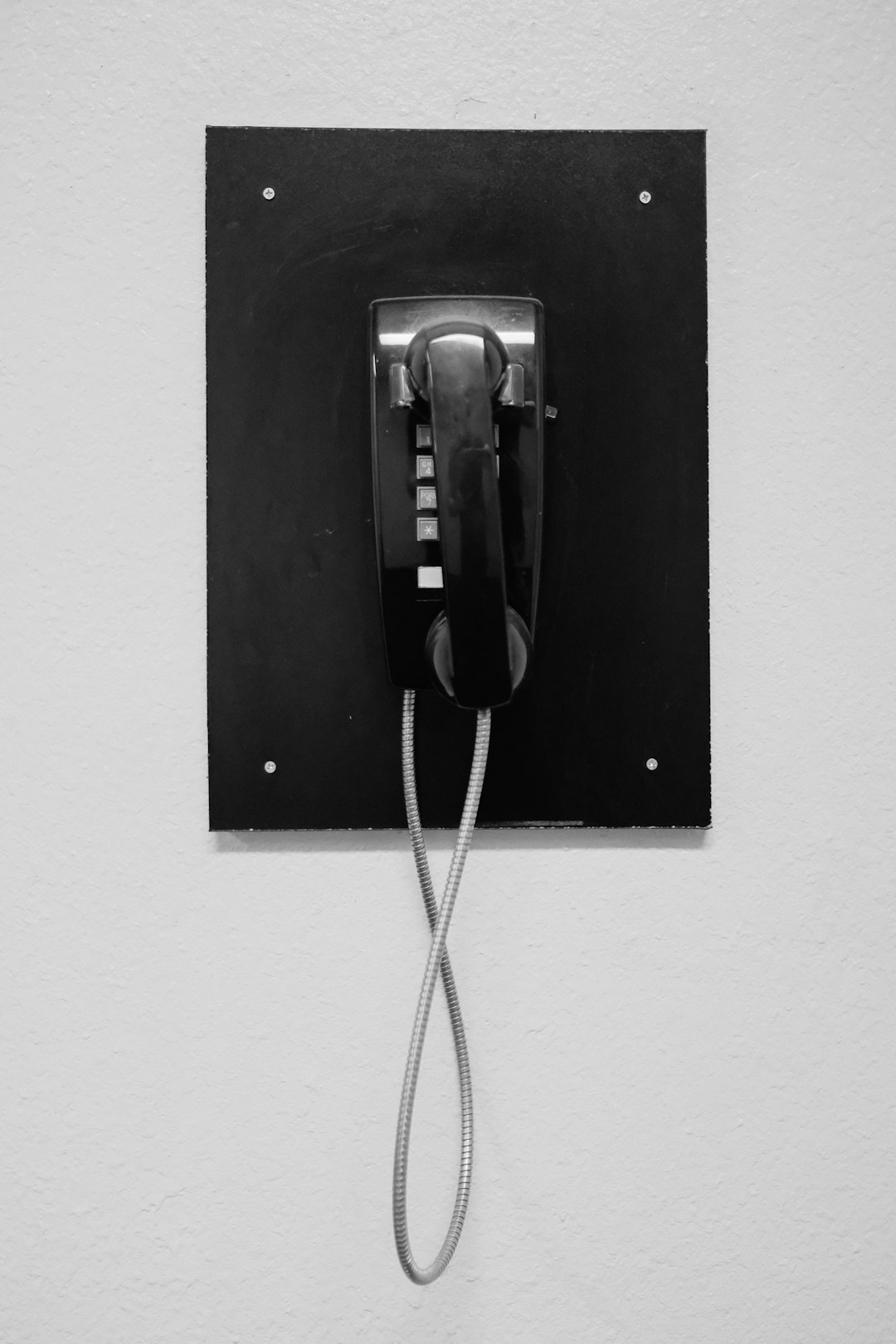Navigating New Jersey's autodialing regulations requires a deep understanding of state laws and compliance guidelines. Nonprofits using autodialers must adhere to specific restrictions on contact timing and methods when reaching out to potential donors. Engaging an experienced autodialer lawyer or consulting with reputable autodialer attorneys is crucial for compliance, avoiding fines and reputational damage. The Telephone Consumer Protection Act (TCPA) shields consumers from intrusive phone solicitations, and nonprofits must adhere to its standards. Choosing an autodialer lawyer in New Jersey should prioritize specialized expertise, experience representing nonprofits, and transparent billing practices.
“Navigating the complex landscape of autodialing regulations is essential for nonprofits in New Jersey to maintain compliance and avoid legal pitfalls. This comprehensive guide delves into the intricacies of autodialing laws, specifically focusing on the Telephone Consumer Protection Act (TCPA). We explore when an autodialer requires legal counsel, common nonprofit mistakes, and crucial considerations when selecting an autodialer lawyer in NJ. For nonprofits seeking to leverage technology effectively, understanding these regulations is a game-changer.”
Understanding Autodialing Regulations in New Jersey
Navigating Autodialing Regulations in New Jersey requires a deep understanding of state laws and compliance guidelines. New Jersey has stringent rules governing the use of autodialers, or automated dialing systems, to ensure consumer privacy and prevent harassing calls. These regulations are designed to protect residents from unwanted telemarketing calls by holding businesses accountable for their practices.
Nonprofits using autodialing in New Jersey must be aware of restrictions on when and how they can contact potential donors. Engaging the services of an experienced autodialer lawyer New Jersey or consulting with autodialer attorneys New Jersey from a reputable autodialer law firm New Jersey is crucial to ensure compliance. These legal experts can guide nonprofits through the nuances of autodialing laws, helping them create effective donor outreach strategies while avoiding any legal pitfalls.
When Does an Autodialer Require Legal Advice?
In New Jersey, the use of autodialers for mass communications raises legal considerations, especially when engaging in fundraising or marketing efforts. Nonprofits should seek legal advice from an experienced autodialer lawyer New Jersey if they anticipate using automated dialing systems to contact potential donors or members. This is crucial to ensure compliance with state laws and regulations, such as the Telephone Consumer Protection Act (TCPA), which governs the use of automated calling technologies.
While many autodialing services offer user-friendly interfaces, understanding the legal implications is essential. Nonprofits must be aware of consent requirements, do-not-call lists, and specific rules regarding prerecorded messages. Engaging an autodialer attorney New Jersey can help nonprofits avoid costly fines and damage to their reputation by providing guidance on drafting effective consent forms, managing donor preferences, and navigating the complex legal landscape surrounding autodialing practices.
Navigating Telephone Consumer Protection Act (TCPA) Compliance
The Telephone Consumer Protection Act (TCPA) is a federal law designed to protect consumers from unwanted telephone solicitations and telemarketing practices. For New Jersey nonprofits utilizing autodialers for fundraising or communication purposes, understanding and adhering to TCPA compliance standards is paramount. These regulations govern how automated phone systems can be used, ensuring that consumer privacy is respected while allowing nonprofits to effectively reach their audiences.
Nonprofits in NJ should seek guidance from experienced autodialer lawyers or attorneys who specialize in this area of law. An autodialer attorney in New Jersey can provide valuable insights into navigating the complexities of TCPA compliance, helping organizations implement best practices and avoid potential legal pitfalls. By engaging the services of a reputable autodialer law firm in New Jersey, nonprofits can ensure their phone campaigns are not only effective but also compliant with current regulations.
Common Mistakes Nonprofits Make with Autodialers
Many New Jersey nonprofits, eager to maximize their outreach efforts, jump into using autodialers without fully understanding the regulations surrounding them. This can lead to several common mistakes that not only jeopardize compliance but also damage the organization’s reputation. One of the most frequent errors is neglecting to obtain proper consent from call recipients, a crucial aspect of the Telephone Consumer Protection Act (TCPA). Nonprofits must ensure that donors or volunteers have explicitly agreed to receive automated calls.
Additionally, nonprofits often fail to differentiate between business and personal numbers, leading to unauthorized calls to individuals who did not sign up. Misunderstanding the purpose and content of autodialed messages is another pitfall; calls should be informative and non-intrusive, avoiding sales-like language or excessive frequency. Using autodialers without a robust do-not-call mechanism in place can result in numerous complaints and significant legal repercussions, especially with an autodialer lawyer New Jersey on the other side. Engaging the services of a qualified autodialer attorney New Jersey from a reputable law firm can help nonprofits steer clear of these mistakes and navigate the complex legal landscape effectively.
Choosing the Right Autodialer Lawyer in NJ: Key Considerations
When selecting an autodialer lawyer in New Jersey, it’s crucial to consider several factors that align with your nonprofit organization’s best interests. Look for a law firm or attorney who specializes in telemarketing and compliance regulations, as this ensures they have deep knowledge of the complexities surrounding autodialers. Experience in representing nonprofits is another key consideration; an attorney familiar with navigating legal landscapes unique to non-profits can provide tailored guidance.
Reputation and track record are also essential. Research their success in handling similar cases and seek referrals from trusted industry sources or peers. Additionally, ensure transparency in their fees and billing practices. You want a lawyer who is open about costs and provides clear value for your organization’s investment, especially given the ongoing regulatory changes in this space.






